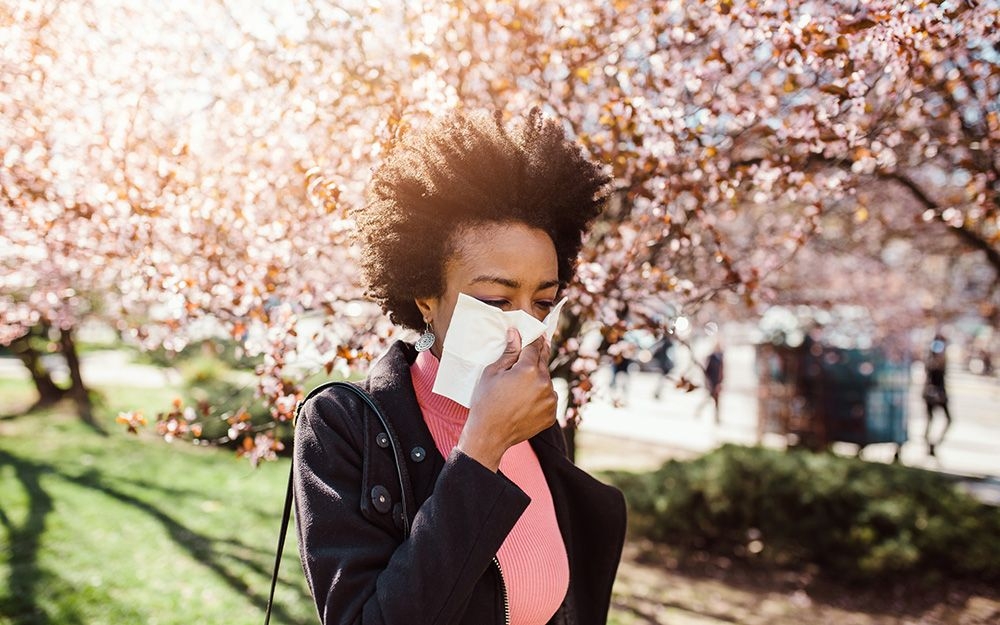How to Treat Your Allergies?
For most allergy sufferers, the annoying physical symptoms that come with an allergic reaction can be handled with a few lifestyle changes and over-the-counter (OTC) drugs.
"We always recommend avoidance first," said allergist Sherwin Hariri, MD. "That includes HEPA air purifiers, dust covers, and washing your bedding at the hottest setting. Then we offer OTC medications such as antihistamines and nasal sprays."
Generally, these drugs are safe and even allowed in young kids and pregnant women. But for some allergy sufferers, the OTC medications just don’t do the trick.
"Some people have symptoms that aren’t well controlled with medications," explained allergist and immunologist Shazia Lutfeali, MD. “Others don't want to be dependent on medications, because you have to take many of them on a daily basis, or you have to take them regularly in order for them to be effective. People with allergic asthma, which is made worse by allergies, and some people with atopic dermatitis or eczema are candidates for immunotherapy."
Immunotherapy: What It Is and How It Works
"Allergy immunotherapy has been around for about a century or even longer in the U.S.,” said Hariri. “The idea is to desensitize the patient by exposing them initially to very small amounts of what they're allergic to."
"The goal is to build up their tolerance to particular allergens," explained Lutfeali. "We have extracts of many different allergens, so we combine them all into one bottle designed specifically for you and your allergies."
The most common treatment, and the standard of care approved by the FDA, is subcutaneous immunotherapy, in which the patient is injected with these tiny extracts of allergens.
Hariri estimated that about a quarter to a third of his patients decide to undergo immunotherapy treatment, though it is not recommended for patients younger than 5 years of age, for the elderly, or for those with certain severe chronic illnesses or who are on certain medications. For those who are eligible, he said it can result in the complete remission, or a significant reduction, of allergy symptoms. About 80% to 90% of patients will notice some benefit.
The treatment, however, isn’t as simple as just getting an injection or two. It’s a long-term commitment.
Three to Five Years
Allergy immunotherapy treatment is broken up into two phases.
During phase one, also called the buildup phase, the patient gets an injection every week with a dose of the allergen(s) they are known to react to. To start with, the dose is very weak, diluted a hundred thousand or even a million times. But over about six months, the dose is strengthened as the body begins to become less sensitive to the allergen.
After about six months, the patient reaches the maintenance or goal dose of the allergen. For the next three to five years, in phase one, the patient is injected with the maintenance dose about once every month. Rare allergic reactions to the shots are possible, so patients are carefully monitored.
"It's a significant investment in time and travel, and it’s not one to be taken lightly," said Lutfeali. "The potential benefits are significant, but if you can’t be consistent, we will probably stop your immunotherapy. It’s just not safe to continue in patients who come in sporadically."
According to both doctors, insurance will usually cover most of the cost for subcutaneous allergy immunotherapy, but there is a less time-consuming option.

